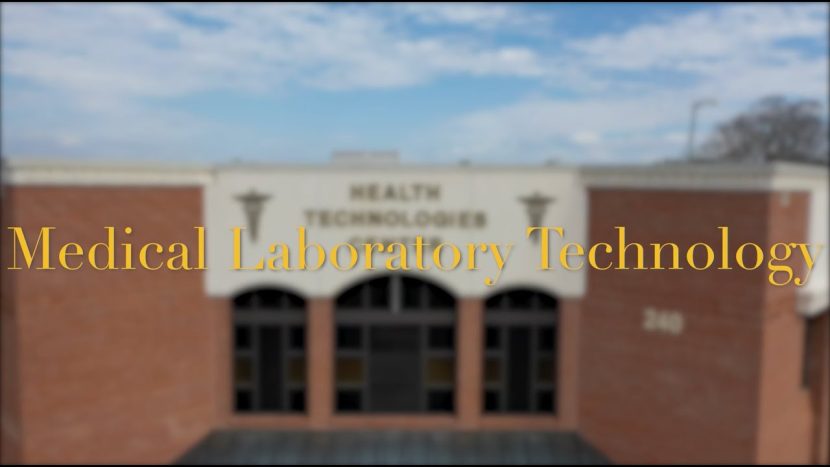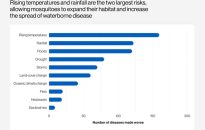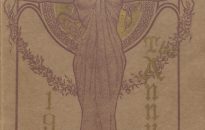The holiday season is a time of joy, celebration, and indulgence. But beneath the festivities lies a concerning trend: a significant increase in heart attacks during this time of year. Studies have consistently shown that cardiac events, particularly heart attacks, peak on Christmas Day, the day after Christmas, and New Year’s Day. This phenomenon occurs […]


The holiday season is a time of joy, celebration, and indulgence. But beneath the festivities lies a concerning trend: a significant increase in heart attacks during this time of year.
Studies have consistently shown that cardiac events, particularly heart attacks, peak on Christmas Day, the day after Christmas, and New Year’s Day.
This phenomenon occurs globally and is influenced by a combination of holiday stress, lifestyle changes, and environmental factors.
Question: Why do heart attacks increase during the holidays?
Answer: Several factors contribute to the spike in heart attacks during the holidays:
– Stress: The pressures of holiday planning, traveling, and managing family dynamics can elevate stress hormones like cortisol, which increase blood pressure and heart rate, putting extra strain on the heart.
– Overindulgence: Holiday meals are often high in salt, sugar, and fat, which can raise cholesterol and blood pressure. Overeating, especially heavy meals, can stress the heart, particularly in individuals with existing cardiac conditions.
– Alcohol Consumption: Increased alcohol intake during celebrations can lead to dehydration, disrupt heart rhythms, and trigger a condition known as “holiday heart syndrome.”
– Cold Weather: In many regions, the holidays coincide with colder temperatures. Cold weather causes blood vessels to constrict, raising blood pressure and making the heart work harder. Activities like shoveling snow can further exacerbate risks.
– Delayed Medical Care: Many people dismiss symptoms of a heart attack during the holidays, attributing them to stress or overeating. Additionally, they may delay seeking help to avoid disrupting festivities, which can lead to worse outcomes.
Question: What is holiday heart syndrome?
Answer: Holiday heart syndrome is a term used to describe irregular heart rhythms (most commonly atrial fibrillation). It is triggered by excessive alcohol consumption, among other stressors, often in otherwise healthy individuals. First identified in 1978, the condition is frequently seen during holidays and festive events when alcohol intake spikes.
The condition occurs when alcohol disrupts the heart’s electrical signals, causing an irregular heartbeat. Dehydration, electrolyte imbalances, and heightened adrenaline levels from stress or excitement can compound the problem. While holiday heart syndrome is usually temporary and resolves after the underlying triggers are addressed, it can feel alarming, with symptoms such as heart palpitations, dizziness, shortness of breath, and chest discomfort. These symptoms should prompt a visit to the emergency department.
Prevention Tips for a Heart-Healthy Holiday
– Practice Moderation: Limit alcohol consumption and indulge in rich foods sparingly. Balance festive treats with healthier options. I tell patients to “taste the treats, instead of eat the treats.”
– Stay Active: Incorporate light physical activities, like walking, to offset heavy meals and reduce stress. A gentle walk around the block after meals gives people a chance to build friendships with neighbors.
– Manage Stress: Take breaks to relax and practice mindfulness during busy days. I like to start each day picking three things for which I feel grateful.
– Recognize Symptoms: Don’t ignore signs of a heart attack, such as chest pain, shortness of breath, or nausea. Seek immediate medical attention if symptoms arise.
– Dress Warmly: In colder climates, bundle up to reduce the strain on your heart caused by low temperatures.
The Takeaway
Heart attacks and holiday heart syndrome are preventable with mindfulness and moderation. By taking simple steps to prioritize your health, you can enjoy the season safely. If in doubt, never hesitate to seek medical attention – early intervention can save lives and ensure your holidays remain merry and bright.
Dr. Sarah Spelsberg is an emergency medicine resident at UNC Health Southeastern in Lumberton. To submit questions for consideration for a Frequently Asked Questions article, email unchsoutheasterninfo@unchealth.unc.edu. To schedule an appointment with any number of UNC Health Southeastern’s specialized services, call the referral line at 910-735-8864. To learn more, visit UNCHealthSE.org.














